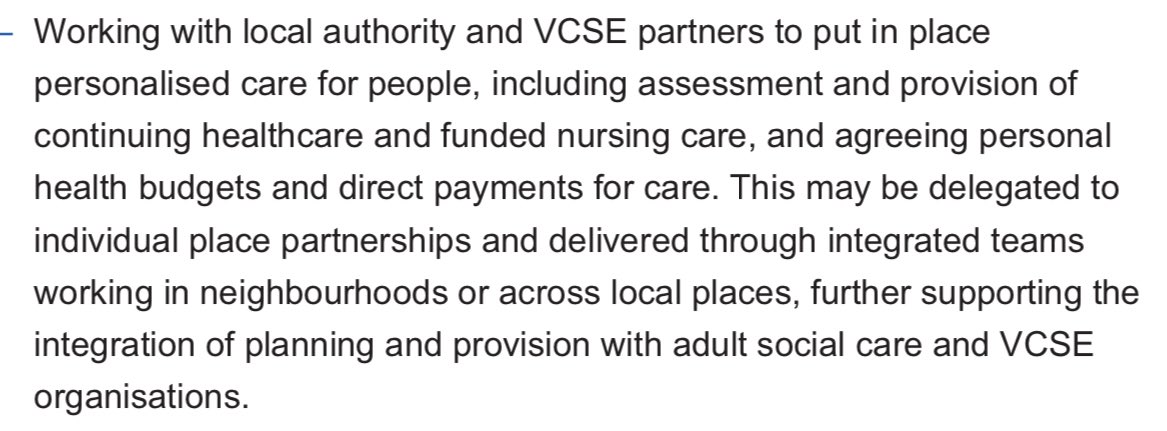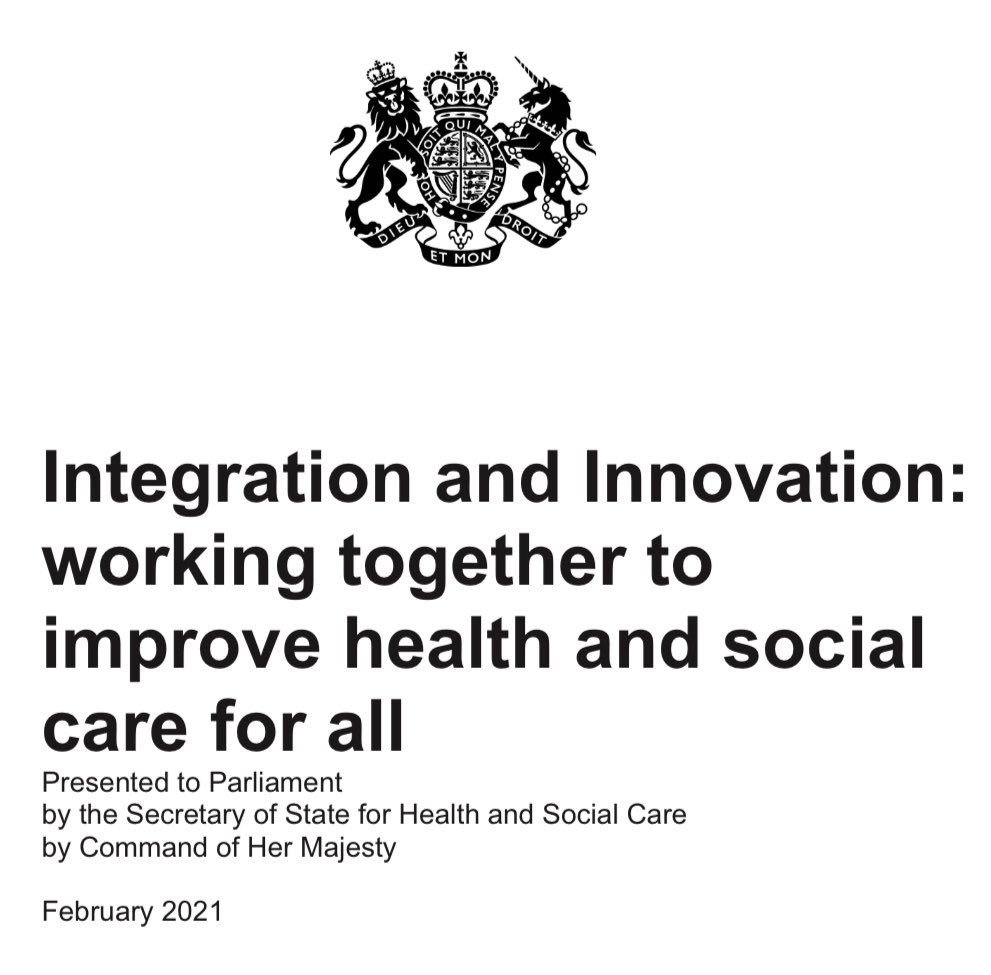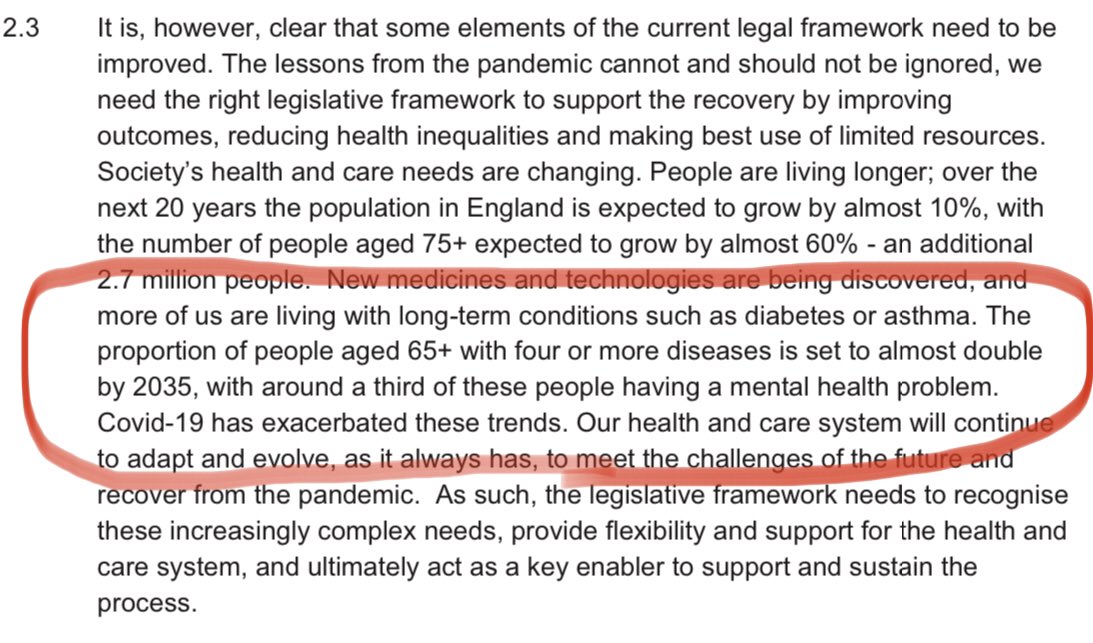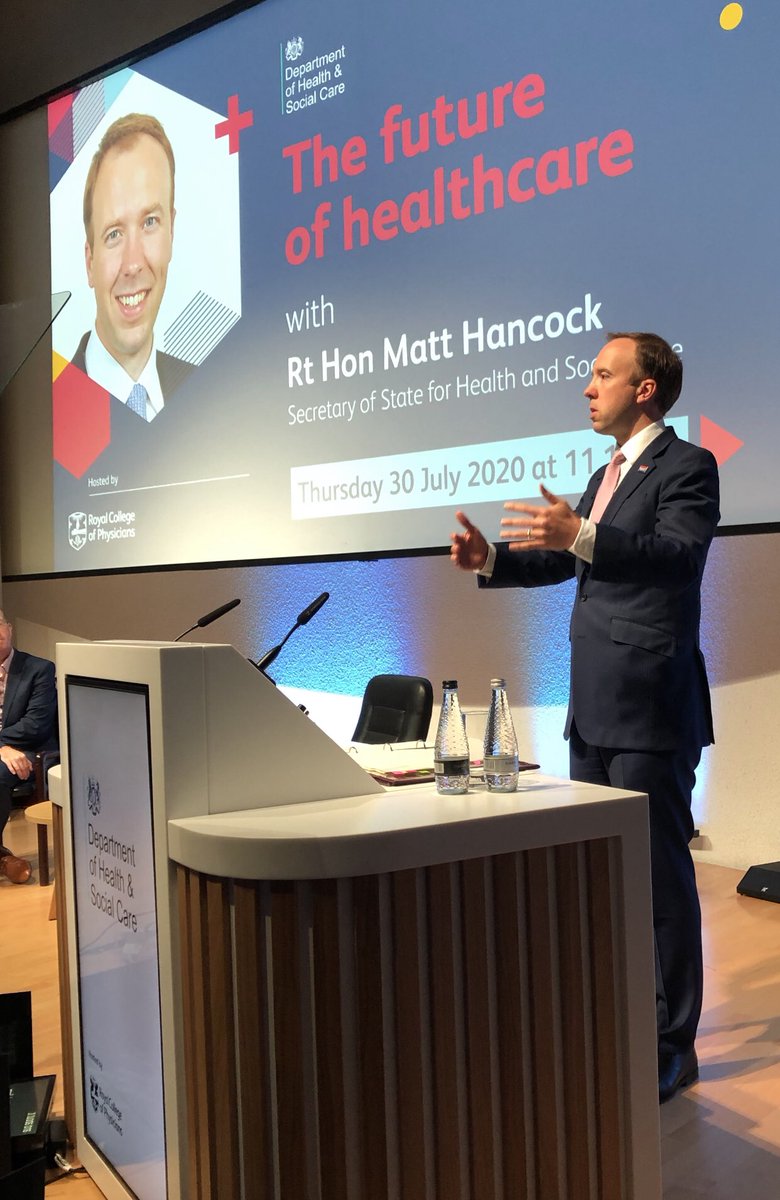
Today’s #StateOfCare report from @CareQualityComm assesses impact of the pandemic and the challenges for health/care integration. cqc.org.uk/publications/m…
Highlights issues CQC will need to focus on in its new ICS oversight role. Here’s a thread of what leaps out at me 🧵👇 1/15
Highlights issues CQC will need to focus on in its new ICS oversight role. Here’s a thread of what leaps out at me 🧵👇 1/15

2/15 Throughout #StateOfCare I can see signs of how closely @CareQualityComm has listened to what @RichmondGroup14 and other voluntary sector organisations have said consistently during the year. Also good to see insight from @ageukcampaigns @Rethink_ @RedCrossPolicy being used.
3/15 Strong message in #StateOfCare about unmet need (a key issue we’ve highlighted) and risk that failure to address social care workforce issues would turn ripple of knock-on effects into a “tsunami”. Good to see call for further discharge funding, noting role of VCSE here. 


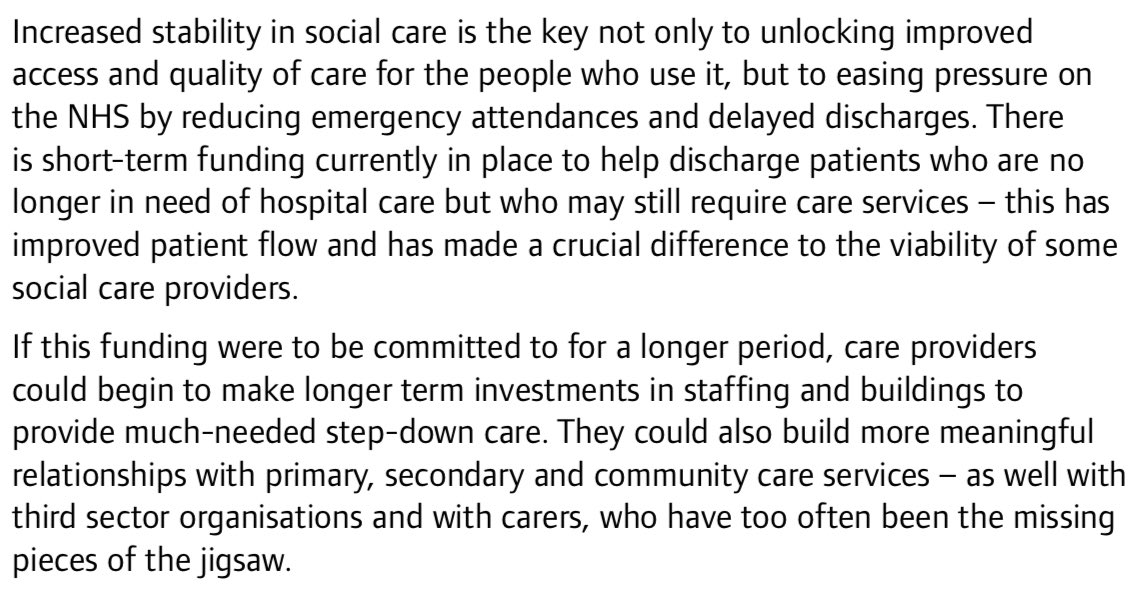
4/15 Glad to see this in #StateOfCare about need for new ways of working to enable the right focus on and care for people with multiple conditions. A major focus of @RichmondGroup14 work and a big inequalities issue, as our #YouOnlyHadToAsk report shows: richmondgroupofcharities.org.uk/taskforce-mult… 

5/15 Important theme in #StateOfCare about need to balance benefits of remote care with focus on those for whom it doesn’t work so well. @RichmondGroup14 @BritainThinks research has shown how these needs also vary with the type of need on any occasion: richmondgroupofcharities.org.uk/news/new-resea… 


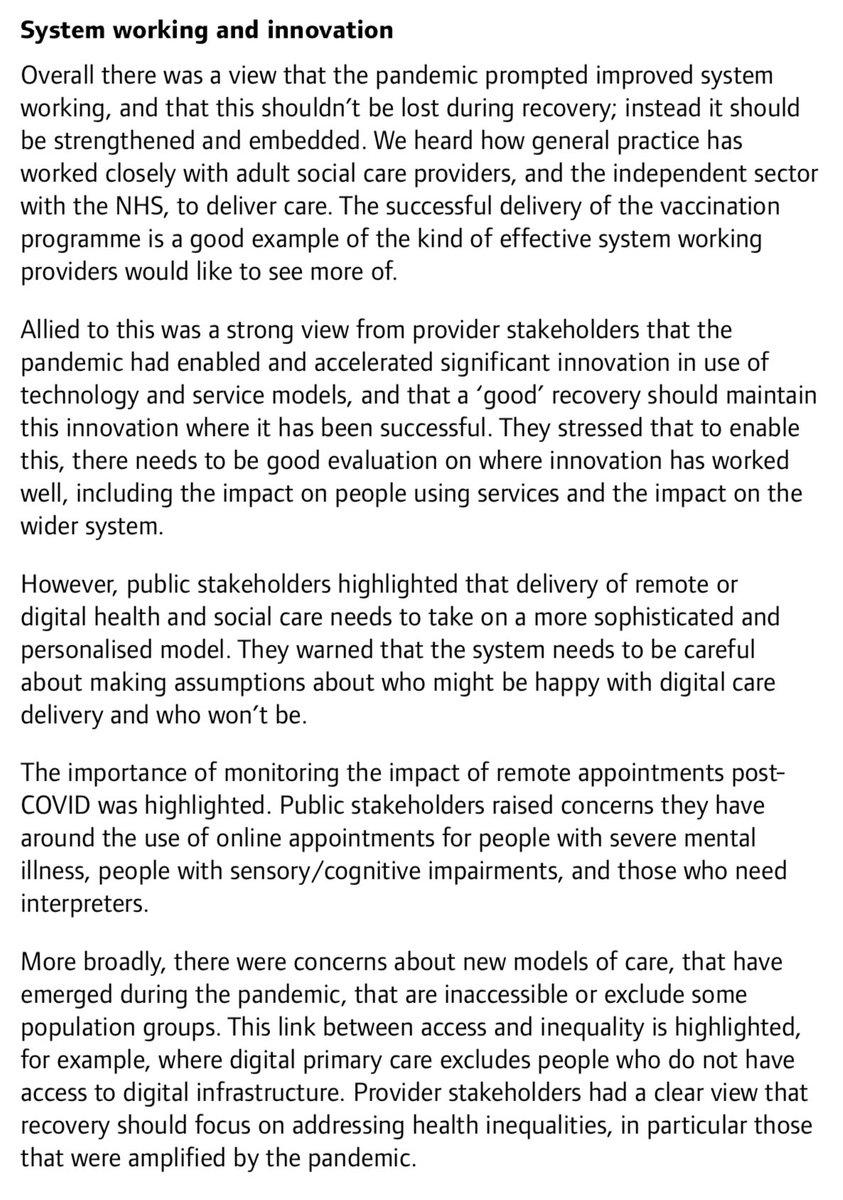
6/15 This bit of #StateOfCare needs to ring in the ears of ICS decision-makers. It can’t be remotely acceptable that “tackling inequalities was often not a main priority”. I know hearts and minds have been captured but systems need to follow the lead from @BolaOwolabi8 and *act*. 

7/15 Glad to see from this section of #StateOfCare how clearly @CareQualityComm has heard what we’ve said about the need to guard against political pressure focusing recovery efforts just on headline waiting list numbers to the exclusion of people’s needs for personalised care. 



8/15 Strong focus in #StateOfCare on rising mental health need. These figures on how many more people needed support from @RichmondGroup14 member @Rethink_ paint a clear picture. This isn’t about the stresses everyone has felt. It’s a serious escalation of severe mental illness. 

9/15 #StateOfCare rightly highlights huge pressures health and care staff have faced and what that implies for the future. National/ICS leaders must maintain focus on this and Govt must fund necessary workforce development. @RichmondGroup14 members keen to help relieve pressure. 

10/15 The section in #StateOfCare looking at flexible responses to the pandemic paints an even starker picture of the breadth and depth of the continuing challenges than last year’s report did. We’re nowhere near normal, and @CareQualityComm has role in maintaining transparency. 

11/15 Amidst the overwhelmingly gloomy picture #StateOfCare paints, @CareQualityComm has been careful to find examples of how people have done things well. I love this example of how consistent domiciliary care has supported someone with multiple conditions. 

12/15 This example in #StateOfCare about how a GP practice maintained and improved the important proactive care that people with long-term and multiple conditions need shows that it can be done, even in extreme circumstances. 

13/15 That example in #StateOfCare from Rishton and Great Harwood Surgery reminds me of the can-do attitude @padsbigsis and colleagues in Gateshead took to adapting @YearofCare approach: richmondgroupofcharities.org.uk/sites/default/…
https://twitter.com/richmondgroup14/status/1336651120635211779
14/15 @CareQualityComm sets out a clear to-do list for ICSs in #StateOfCare. New system oversight role presents a big opportunity to help systems get a grip on issues like the need to tackle inequalities and population health management by using a multiple conditions lens. 

15/15 @threadreaderapp unroll
• • •
Missing some Tweet in this thread? You can try to
force a refresh














